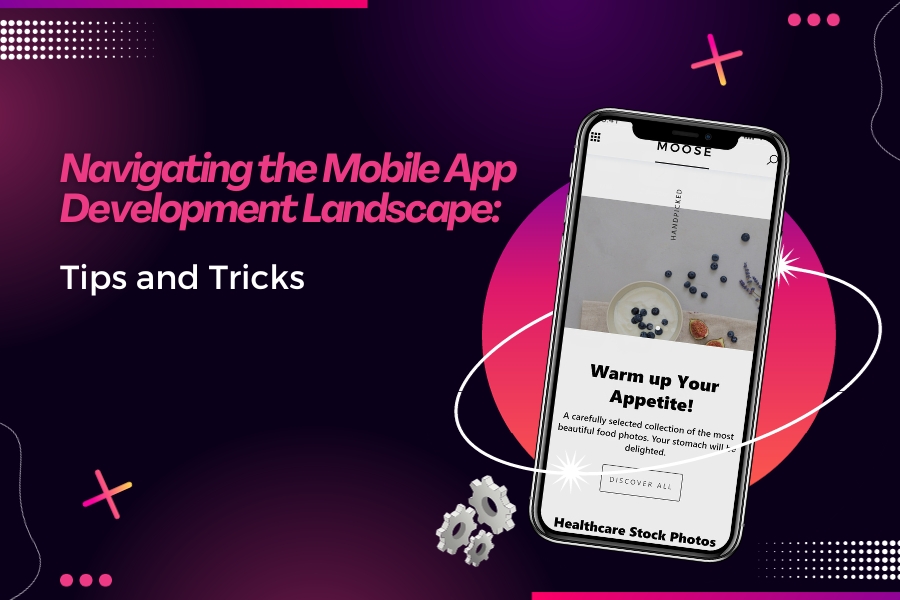
Different Web Development Methodologies
There are many methodologies when it comes to web development. In this article, we will explore a few and the most popular ones that web development companies in London use. If you’re looking for a good web development company in UK, we recommend One to One Design Studio.
Web Development Methodologies
We will look at some development methodologies that web development companies use.
- Waterfall
This is the simplest methodology and is the first process model that web development companies used after it was introduced in 1970. The development process here looks like a stream and passes from one phase to another successive. But this happens only after the completion of the previous one. The main disadvantage here is that if you make changes in one phase, you will have to make changes in all of them. This makes it good only for projects that are shorts and easy and not for long and ongoing ones.
- Lean IT
This is a production system that was created by Toyota Production System. It is all about creating values with as few losses and wastes that you can have as possible. It is not exactly a methodology bit is more a set of principles to be followed. The main principles are:
- Eliminating Waste
Waste means all the things that add no value to a consumer, like excessive functionality, fuzzy requirements, slow internal communication, pauses in the development process and bureaucratization.
- Amplifying Learning
This is a focus on early testing, short cycles of development, and frequent feedback from customers.
- Deciding as Late as Possible
This means that decisions should be made after you discover essential facts and information and not on forecasts or assumptions.
- Delivering as Fast as Possible
The speed of the client assesses the created value and asking for needed changes depends on how fast the delivery is. With Lean, smaller batches of work is preferred as it can be done faster and doesn’t need too many people.
- Empowering the Team
This is an understanding that people are not just a resource and need more than a simple list of tasks and an expectation of completion.
- Building Integrity In
This involves transparency and complete information for the customer involving architecture that is holistic.
- Seeing the Whole
This is one of the most important aspects in this approach - seeing how parts work as an entire whole and that all the members are involved and responsible for the issues in the project. This way, getting rid of any bugs that are caused by one person alone may not help in keeping the entire system healthy.
- Agile
Agile was officially founded in 2001 from Agile Manifesto, aiming to improve productivity in the fields of software development and is now expanding to other fields like marketing and such.
This is an iterative and structured approach when it comes to product development as well as project management. On this system, many flexible project management methodologies like XP, Kanban, Scrum, etc., are built. These methodologies are an excellent alternative to traditional sequential development like the Waterfall approach.
To put it simply, it is a time-focus philosophy that allows you to create a project by dividing it into smaller pieces. One of the main benefits of this approach is how it can change and adapt at any step in the process and supplies only relevant products to the markets. There are no specified stages, but time is put into sprints. A sprint is a time period that has been allocated to specific tasks with deliverables that are defined. The working is more essential than documentation here, and customer collaboration has higher importance than contract negotiation.
Conclusion
As mentioned before, One to One Design Studio is an excellent web development company in UK and is one of the best web development companies in London. They focus on their client’s needs and give high-quality service that is cost-effective.


